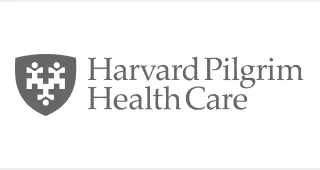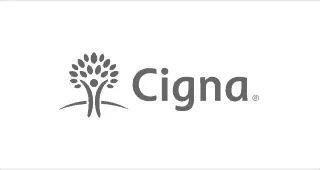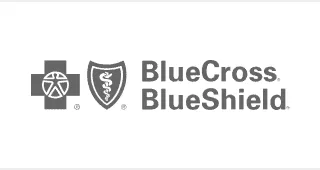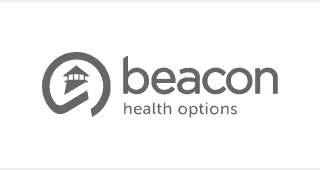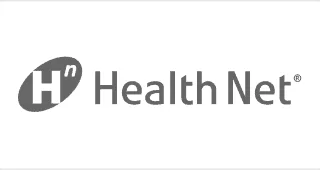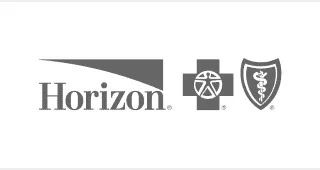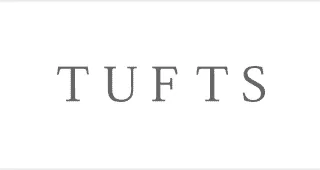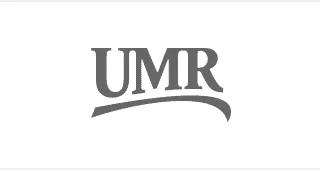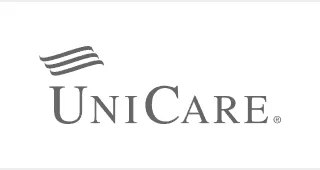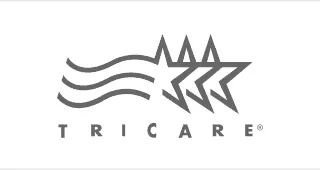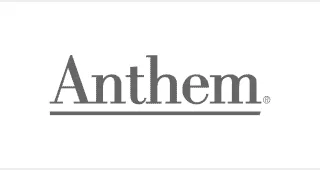Prescription Drug Addiction
People of all ages use prescription drugs. Generally, doctors prescribe them to treat a specific medical condition. However, some people end up becoming addicted to these drugs. Prescription drug addiction is a serious problem in the United States. This creates a need for prescription drug rehab centers that offer specialized treatment.
While prescription drugs treat a number of conditions, they can also be habit-forming. Prescription drug addiction often starts with people taking these medications for legitimate reasons. However, over time, they may start to abuse them. Concerningly, prescription drug addiction can lead to serious health problems, including overdose and death.
Why Do People Abuse Prescription Drugs?
There are many reasons why people abuse and become addicted to prescription drugs. There are times when an individual may begin to misuse their prescribed medication. This can happen for a number of reasons. For example, as tolerance builds, the individual may take more of the medication to feel its effects.
For some people, it may start with taking a friend’s or family member’s medication. Others may start taking drugs to cope with a difficult life event, such as the death of a loved one. Some people may even abuse prescription drugs because they are curious about what it feels like.
Other reasons a person may be abusing prescription drugs include the following:
- As a result of peer pressure, to fit in with a certain group of friends
- Cope with stress
- Relieve boredom
- Feel more alert or awake, or to increase energy levels
- To lose weight
Regardless of how it starts, prescription drug abuse is a serious problem that can have harmful consequences. Recreational prescription drug use can easily spiral into prescription drug addiction.
The Most Commonly Abused Prescription Drugs
There are many different types of prescription medications. Therefore, there are a number of different types of prescription drugs that people can become addicted to. Some of the most commonly abused prescription drugs include the following prescription medications.
Barbiturates
The drugs known as barbiturates are used for a variety of purposes. They are commonly used to treat anxiety and sleep disorders. Barbiturates work by depressing the central nervous system. Further, they are often used as anesthesia or prescribed to treat seizures.
Taking these drugs for a prolonged period comes with a risk of dangerous withdrawal symptoms. Stopping the use of this medication abruptly is connected to fatal withdrawal symptoms such as seizures.
Benzodiazepines
Benzodiazepines (also known as benzos) are sedatives. These central nervous system (CNS) depressants treat anxiety and sleep disorders. Benzos work by depressing the central nervous system to promote feelings of relaxation. Unfortunately, after abusing these drugs for a period of time, the body will develop a physical addiction to them.
Stimulants
Stimulants are prescribed to treat a number of conditions including Attention Deficit Disorder (ADD) and Attention Deficit Hyperactivity Disorder (ADHD). These drugs work by increasing levels of dopamine and norepinephrine in the brain. Commonly abused stimulants include Ritalin, Adderall, and Dexedrine.
Abusing stimulants is accompanied by serious medical consequences. Individuals may experience dangerously high body temperature, heart issues, high blood pressure, seizures, tremors, hallucinations, aggressiveness, or even paranoia.
Opioids
Opioids are painkillers. This type of medication is used to treat moderate to severe pain. A popular prescription opioid is the drug oxycodone. Opioids work by binding to opioid receptors in the brain to decrease pain.
Unfortunately, these drugs cause a euphoric high that people find pleasurable. People who are addicted to opioids crush, snort, or inject them. This is highly concerning as opioids have deadly side effects such as respiratory depression and overdose.
Sleeping Pills
Sleeping pills aid people who have difficulty falling asleep or staying asleep. The most common sleeping pill is Ambien. People with sleeping pill addictions often take larger doses than what is prescribed, take the pills more often than they should, or take them without a prescription.
Treatment for Prescription Drug Addiction
While prescription drug addiction is a serious condition, prescription drug rehab centers can provide the care needed to help addicted individuals heal. Here at Achieve Wellness and Recovery, we offer a combination of clinical support, therapy, and resources that help our patients overcome this serious condition.
The levels of care at prescription drug rehab centers associated with prescription drug addiction treatment include the following:
Drug Detox
Detox can help to flush the drugs from your system and manage withdrawal symptoms. For some patients entering recovery, medical detox may be required.
Concerningly, many types of prescription drugs cause physical dependence. When an individual stops taking the drug, withdrawal can start to set in. Prescription drug withdrawal symptoms can be severe and uncomfortable, making it difficult to quit on your own.
Medical detox at a prescription drug rehab center can provide monitoring and care from a team of professionals who can help make the process as safe and comfortable as possible.
Inpatient Treatment
Inpatient treatment is for those with more severe addiction. This level of care provides 24-hour supervision and support. While we do not offer inpatient treatment at Achieve Wellness and Recovery, we can refer you to a program.
Many people choose to continue their care in an outpatient treatment program after completing inpatient care. We offer various outpatient levels of care to those who are beginning or continuing their journey to full recovery.
Outpatient Treatment
Outpatient treatment for prescription drugs is an excellent stand-alone program or step down from a more intensive form of care. It allows individuals to live at home and work or go to school while they receive help for their addiction.
Intensive Outpatient Program (IOP)
Outpatient programs provide recovery support in levels of care with traditional outpatient being the least intensive and partial care programs being the most intensive. In between these two programs is intensive outpatient, otherwise known as an IOP.
IOPs provide a happy medium for patients who need more care than what outpatient offers but are not yet ready for partial care or inpatient treatment. On the other hand, this program can also be a step down from higher levels of care.
Partial Care Program
Achieve Wellness and Recovery’s partial hospitalization program (PHP) is an outpatient program that helps people who are in need of high levels of structure and support, but who also wish to maintain their daily responsibilities.
Partial care programs offer intensive levels of care and support to those in early recovery. It can also benefit those who require more clinical support than an IOP or traditional outpatient program can offer.
While in treatment, individuals in partial care programs will typically participate in individual and group therapy sessions several times per week. They will also have access to other support services, such as case management, medical care, and psychiatric care.
Ending Your Addiction at Our Prescription Drug Rehab Center
If you or someone close to you is addicted to prescription drugs, there is hope of a future free of drug abuse. Prescription drug rehab centers, like Achieve Wellness and Recovery, provide the care needed to overcome substance use disorders. To learn how we can help you, contact us today. Recovery is a call away.
We work with most insurance companies. Please note we are not affiliated with or endorsed by insurance companies.
No Medicaid Accepted.




